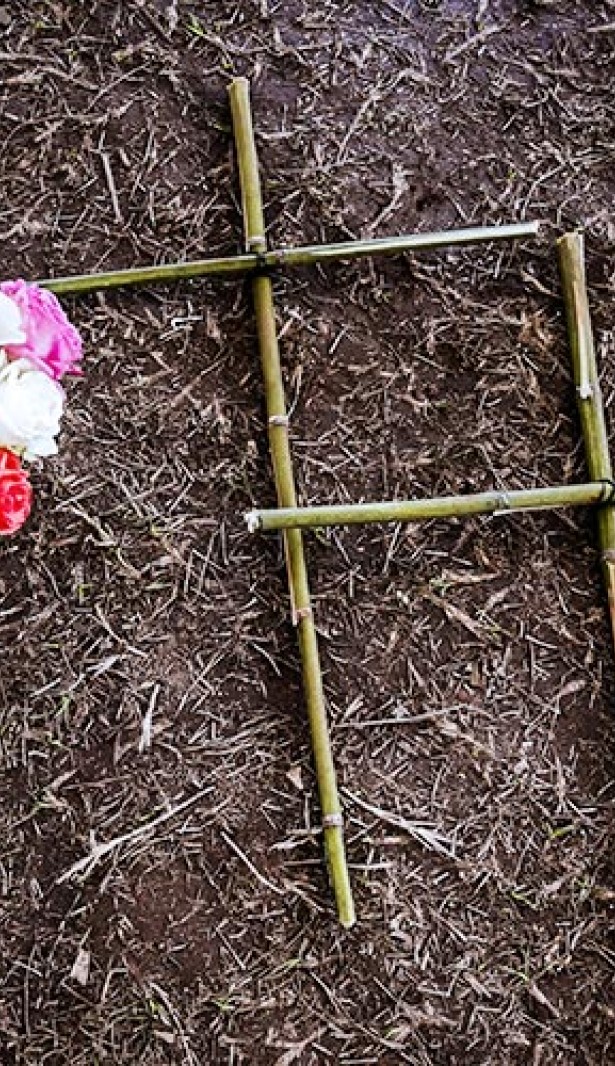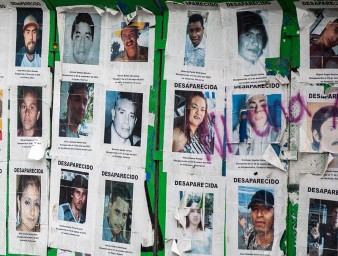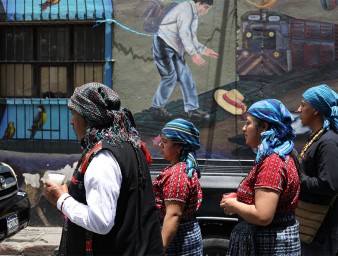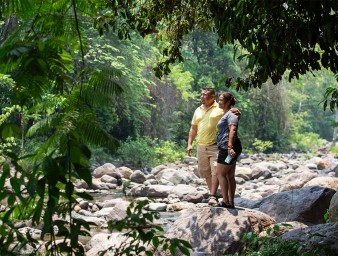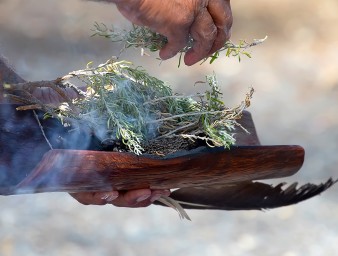Brazilian environmental defenders fight for recognition and justice
26 March 2019
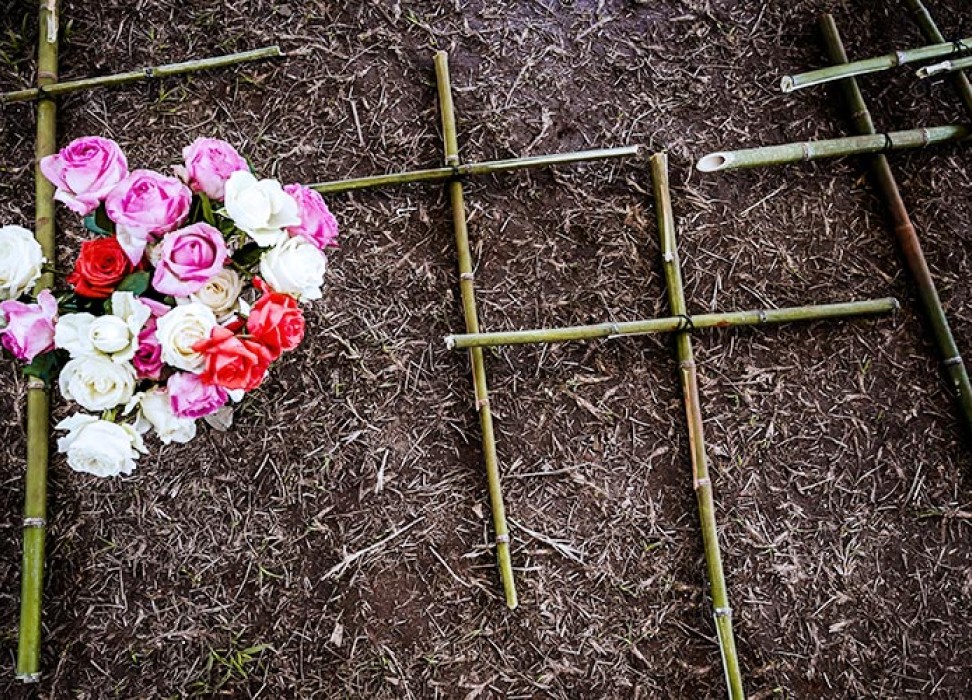
"Today in Latin America, we have suffered a huge regression. None of us are safe," said Moises Borges of Brazil.
Borges is a member of Movimento dos Atingidos por Barragems (MAB) – movement of people affected by dams, a Brazil-based grassroots movement that fights for the rights of communities affected by dams. Borges, along with Leticia Oliveira, also of MAB, were recently in Geneva meeting with members of the international human rights community to raise awareness of the plight of those who were harmed with the recent rupture of the dam in Brumadinho, which left at least 214 dead and 91 still missing.
"The risks of being an activist in Brazil and in Latin America are big, so we try to work collectively where there is not only one person acting alone but as a group", Oliveira said.
Human rights defenders, particularly those who defend environmental rights, are in the crosshairs of increasing violence. On 21 March, Dilma Ferreira Silva, a human rights defender and regional coordinator for MAB in Tucuruí, was killed alongside her husband Claudionor Costa da Silva and Hilton Lopes, a family acquaintance in a rural settlement in the city of Baião, in the state of Pará in Brazil. The UN Human Rights Regional Office for South America issued a note condemning the killings, calling for impartial, independent and thorough investigations, and increased protection for human rights defenders in Brazil.
According to MAB, thereare more than 1.5 million people affected by dams in Brazil, either through displacement, environmental damage or in accidents when dams fail. Borges said he got involved with MAB when he realised his own family was threatened with the building of a dam but their worries and rights went unrecognized.
"From that I started to understand that the construction of these dams projects were imposed on us, so I got involved in order to create a better world and to avoid other people facing what has affected us," he said.
Oliveira too has been affected by dam construction and joined MAB because she wants the community to better understand the relationship between themselves, the environment and the economic situation.
"We need a new way to re-organize society to be able to change the environmental and social problems we have today, and MAB was the way I and other people saw that we can contribute," Oliveira said.
The Human Rights Council has recognized the increasing threats to environmental defenders. In its last session that ended on 22 March, the Council passed a resolution expressing "grave concern at the situation of environmental human rights defenders around the world and strongly condemns the killing of and all other human rights violations or abuses against environmental human rights defenders." The Resolution urges States to take concrete steps to protect and defend these activists, including pursuing accountability for all attacks and threats made.
Borges and Oliveira, who are still attending meetings in Europe and will return to Brazil at the end of March, say that Silva’s death reminds them that while the work of an environmental human rights defender dangerous, it won’t stop them from continuing to advocate for change and protection for their communities.
"We are saddened by the murder of Dilma," they said in a joint statement, "but we will stand firm in the struggle, for her and against all forms of injustice."
26 March 2019
